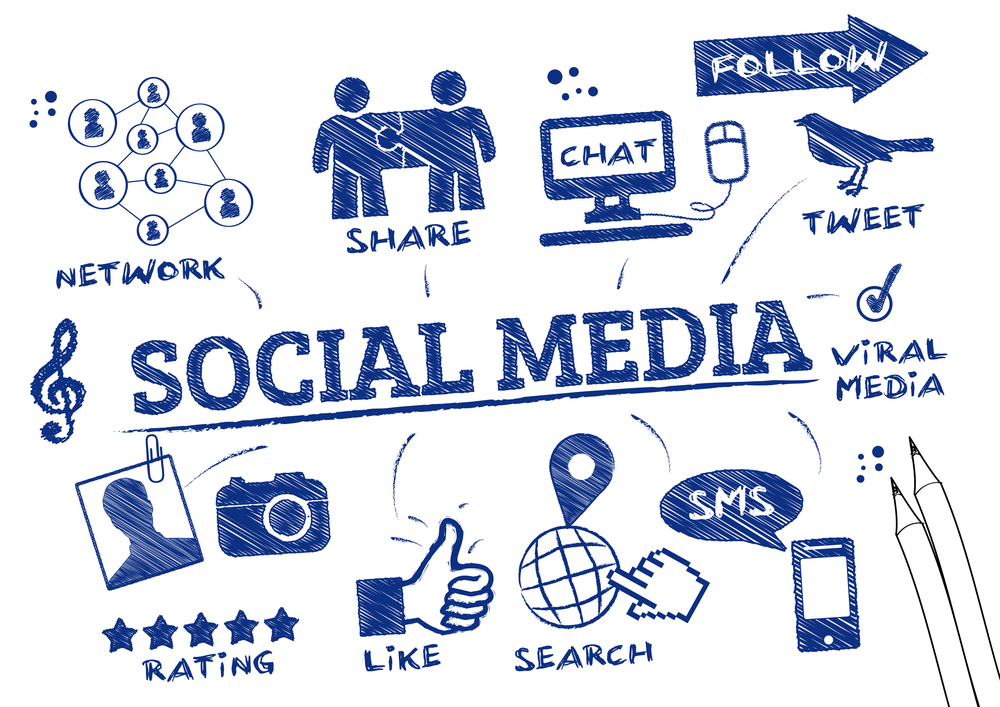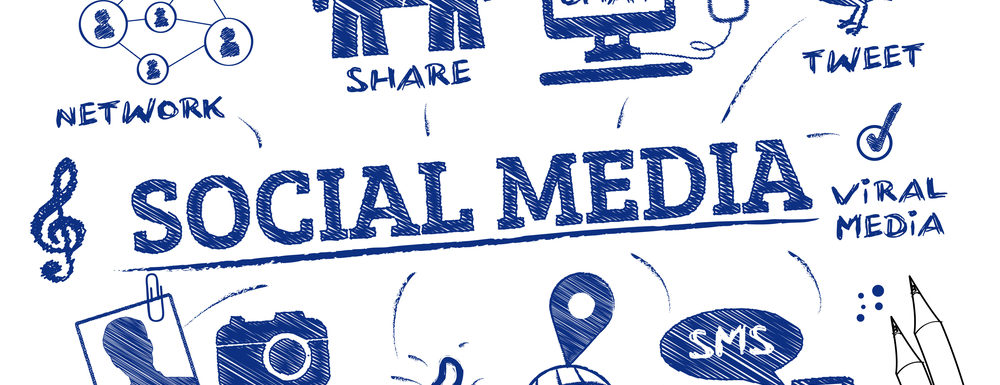 In its ten years of growth, social media has developed and matured. Over the years, and especially in the last 12 months, the social media rules have changed. But have you changed along with them?
In its ten years of growth, social media has developed and matured. Over the years, and especially in the last 12 months, the social media rules have changed. But have you changed along with them?
I’ve had a few very interesting events come on my radar and I’ve been observing the differences between how people are reacting today vs. a few years ago.
7 Social Media Rules that Have Changed
Some of these reference outdated tactics and some of the rules that have changed are due to our current state of societal and cultural affairs. It’s important to remember that social media is simply a reflection of our behavior. It can shape our behavior just as any social situation can, but it’s still us at the wheel.
Get my latest business tips, exclusive content, and a bit of fun straight to your inbox with the Kruse Control Newsletter. Boost your profits with our proven advice. Sign up now – it’s free!
1. Automatic posting between platforms.
I’ve never been a fan of posting to Facebook and having it automatically post to Twitter (or vice versa). There’s a specific language on each platform and everyone knows you’re not speaking it when you auto-post between platforms. It conveys the message that you just didn’t care enough.
2. Publishing similar content on every platform.
Once upon a time, you could create content and publish that same exact content on nearly every platform. Now that the social networks are vying for your attention much more heavily, they’ve made it harder for publishers and marketers by requiring specific image sizes, links and commentary unique to that platform.
3. Likes and followers do not equal audience or leads.
Here’s the problem with hanging your hat on the number of likes and followers you have:
- People that spent their budget to grow their Facebook page likes years ago, now have no way to truly reach them unless they pay to do it using Facebook ads.
- Fake Facebook fans and Twitter followers are rampant. Do a search of followers for some of the most prevalent users and you’ll most likely get a result of 50% or more fakes.
If Facebook LIKES aren’t leads, then what else aren’t they?
- They aren’t a license to contact people with a sales opportunity. This tactic will damage your brand because Facebook users look at this ploy the same way they look at telemarketing.
- They aren’t a sign of how successful your Facebook page is. It’s better to have 500 interested fans than it is to have 5,000 disinterested, apathetic zombies.
- They aren’t a sure sign that you’ll ever develop leads. Today, only a specific social media strategy ensures success.
4. Quality over quantity.
In this era of deafening noise on social media, many users have chosen to “thin the herd.” We humans crave personal connections and at some point, you’ll realize (like me) that a lot of connections doesn’t add up to much.
In this world of cheap knockoffs, hidden agendas and mud-filled transparency, the reality is that not all social media connections are created equal. We’re searching for authenticity in ourselves and our network and that leads to craving more meaningful interactions. The winds of change are upon us. The new trend in social media is to be more deliberate about connections in favor of quality over quantity.
5. Social issues are now at the forefront.
It’s difficult to visit Facebook or Twitter and not see something outrageous (or even scary) that’s happening in the world right now. While I’ve said in the past that, “Politics, sex and religion are not for social situations,” I realized on November 9th that we were in uncharted territory so the “politics” part of that statement was going to change.
Many of us have causes we support and fight for. If those causes are directly connected to Federal or State government policy, you’re going to be faced with deciding which content to share (if any) on social media.
I was faced with that decision and here the strategy I’m using for my brand:
- Background: I’m deeply involved in horse welfare. I’m on the board (volunteer) of Hanaeleh horse rescue here in Orange County. While our focus is on our rescued horses at the ranch, about 40% of the time, we’re working to educate the public on the atrocities that are happening with America’s wild and domestic horses. Part of that advocacy work is with great national organizations like the ASPCA and HSUS.
- These issues are directly connected to Federal government policies. The current administration is enacting some very inhumane policies around the non-partisan issues we fight for. Some see that as “political” and that’s okay with me.
- My closer connections know that I’m a warrior for horses. My decision to publish information is working out because many people have reached out and said they had no idea these things were happening.
The tricky part comes in the delicate balance of content. I feel that we are through the looking glass, folks. The events we see in our newsfeeds can invoke visceral reactions so it’s important to set some personal rules.
One rule that hasn’t changed is: “Always bring value to the conversation.” I’m not perfect but I do stay solid with my integrity and principles. Let yours guide you.
6. When it comes to social networking, bigger is rarely better.
A big network, goes the argument, gives you reach and, potentially, that holy grail of “influence.” But with an enormous collection of friends or followers on a network, you lose the benefits of intimacy, discoverability, and trust, all of which can work better when you have fewer connections.
7. The days of wine and roses are over.
Social media has matured. Those days of wine and roses, where there was a sense of community, have faded. People you followed in the “early days” have changed. Some have moved on, some were only playing a part and some just disengaged. Sadly, evolution is natural and it’s best to graduate yourself to the new paradigm.
The social media rules have changed. Have you?
During these transitional times, it’s important to remember who YOU are. Everything people say and do is about them, not you. Stay true to yourself, create good content and do your best to bring value to every conversation.

Amazing article !! Sending everything from Facebook to twitter would be stupid. But sending status updates is great. And sending instagram images to Facebook and twitter is perfect. Each network has a unique audience, so you need to make sure you post updates across all of them.